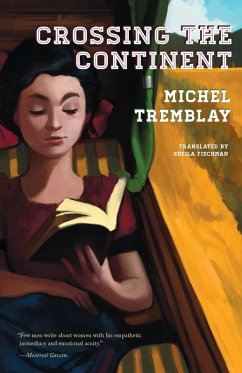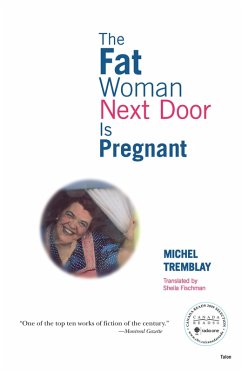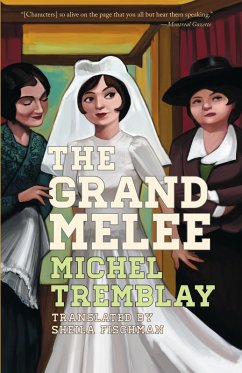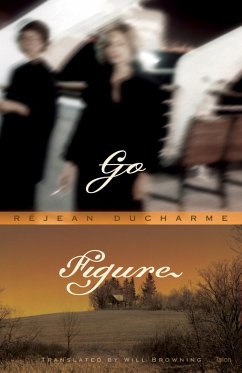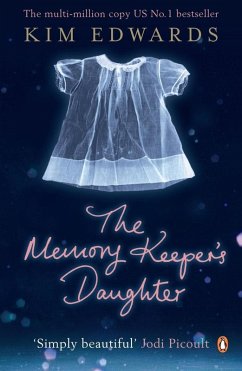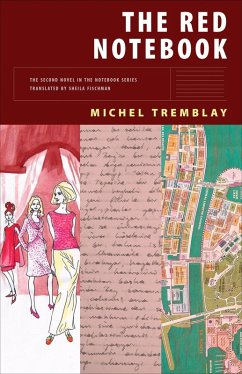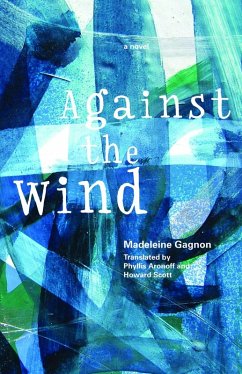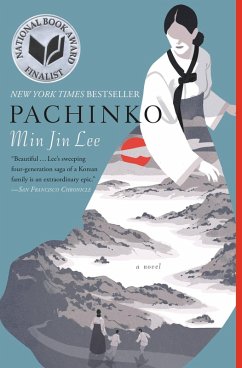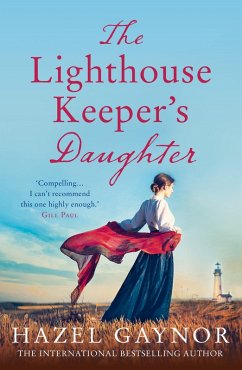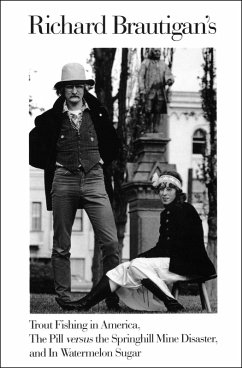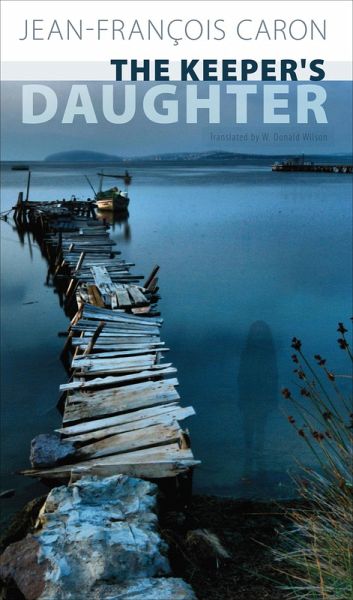
The Keeper's Daughter (eBook, ePUB)
Rose and the Archipelago of Shifting Memories
Übersetzer: Wilson, W. Donald

PAYBACK Punkte
4 °P sammeln!
As a way to draw visitors to their isolated fishing village on Quebec's North Shore, the tourist bureau commissions a documentary film recreating life as it was lived there in the 1940s and 50s. To gather material for the project, the filmmaker is sent in search of Rose Brouillard, now an old woman but raised on an island just offshore by Onile, a local fisherman. Rose is finally tracked down in Montreal, where she lives a solitary life fogged by one of the inevitabilities of old age - failing memory."Dorothea" (the name Rose gives the young filmmaker), takes her back to scenes from her childh...
As a way to draw visitors to their isolated fishing village on Quebec's North Shore, the tourist bureau commissions a documentary film recreating life as it was lived there in the 1940s and 50s. To gather material for the project, the filmmaker is sent in search of Rose Brouillard, now an old woman but raised on an island just offshore by Onile, a local fisherman. Rose is finally tracked down in Montreal, where she lives a solitary life fogged by one of the inevitabilities of old age - failing memory.
"Dorothea" (the name Rose gives the young filmmaker), takes her back to scenes from her childhood and invites her to tell her story as they go, and so we return to a past assembled from Rose's fragmented recollections.
Structured as a series of short cinematic "takes," this novel about recovering both personal and shared histories is told in a polyphony of voices, including Rose herself (as a child, an adolescent, and in her old age), the sexton of the village church, his three female cousins, an elderly neighbour, a villager who passes time on the harbour wall, and Rose's long-deceased mother. We see fishermen on the docks with their nets, hard-at-work villagers with shirtsleeves rolled up to the elbow, leafy gardens, and tree-lined streets, all recreated during Rose's reminiscences. The problem is that many of these scenes are invented, not real. Does that matter? Or are the stories we tell more important?
"Dorothea" (the name Rose gives the young filmmaker), takes her back to scenes from her childhood and invites her to tell her story as they go, and so we return to a past assembled from Rose's fragmented recollections.
Structured as a series of short cinematic "takes," this novel about recovering both personal and shared histories is told in a polyphony of voices, including Rose herself (as a child, an adolescent, and in her old age), the sexton of the village church, his three female cousins, an elderly neighbour, a villager who passes time on the harbour wall, and Rose's long-deceased mother. We see fishermen on the docks with their nets, hard-at-work villagers with shirtsleeves rolled up to the elbow, leafy gardens, and tree-lined streets, all recreated during Rose's reminiscences. The problem is that many of these scenes are invented, not real. Does that matter? Or are the stories we tell more important?
Dieser Download kann aus rechtlichen Gründen nur mit Rechnungsadresse in A, D ausgeliefert werden.




